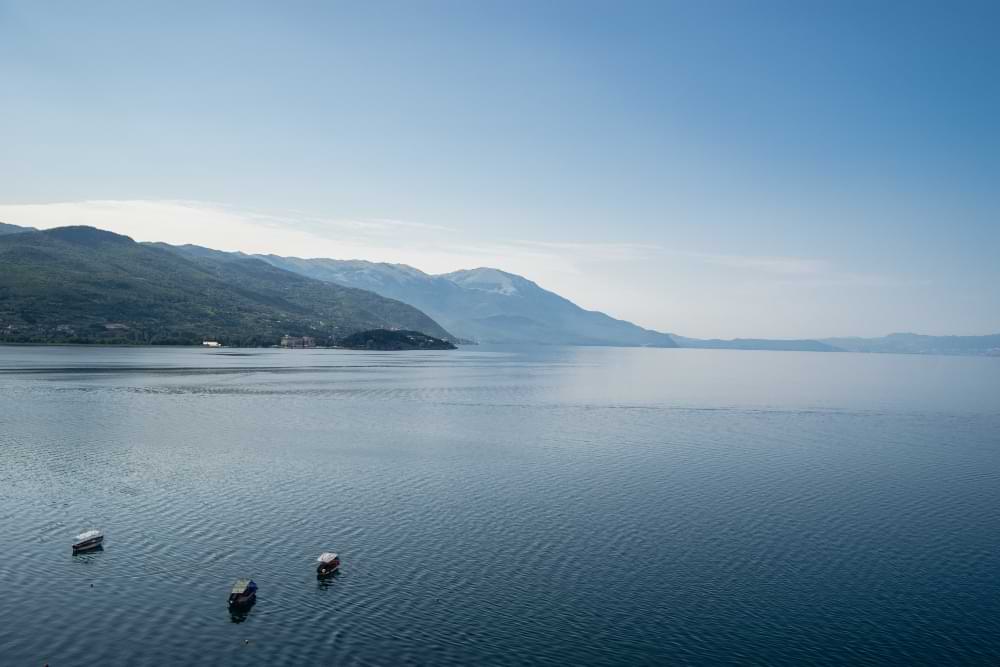
- On 27 June 2024
- 925 Views
- 0 Comments
Lake Toba Tour: Sustainable Travel Tips
Lake Toba, the world’s largest volcanic lake, is a breathtaking destination in North Sumatra, Indonesia. With its serene waters, lush green landscapes, and vibrant Batak culture, a Lake Toba tour is a must for any traveler. However, as tourism grows, it's crucial to travel sustainably to preserve this natural wonder for future generations. Here are some sustainable travel tips for your Lake Toba tour, with some insights on combining it with a Medan tour.
1. Choose Eco-Friendly Accommodations
Opt for hotels and guesthouses that prioritize sustainability. Many accommodations around Lake Toba are taking steps to reduce their environmental impact by implementing energy-saving measures, using renewable resources, and supporting local communities. Research and choose places that have eco-certifications or positive reviews regarding their sustainability practices.
2. Support Local Businesses
One of the best ways to travel sustainably is to support local businesses. Eat at locally-owned restaurants, buy souvenirs from local artisans, and use local tour guides. This not only helps the local economy but also provides a more authentic experience. During your Medan tour, make sure to visit traditional markets and try local delicacies.
3. Minimize Plastic Use
Plastic pollution is a significant issue worldwide, and Lake Toba is no exception. Bring a reusable water bottle, shopping bag, and containers for food. Avoid single-use plastics whenever possible. Many cafes and restaurants now offer alternatives to plastic straws and cutlery, so make use of them.
4. Respect Local Culture and Environment
When visiting Lake Toba, it’s important to respect the local Batak culture. Learn about their customs and traditions, and always ask for permission before taking photos of people or their homes. Additionally, stick to designated paths and trails to avoid damaging the environment.
5. Use Sustainable Transportation
Getting around sustainably can be a challenge, but it's not impossible. Use public transportation or rent a bicycle to explore the area. If you need to use a car, consider carpooling or hiring a local driver. During your Medan tour, try to walk or cycle to nearby attractions to reduce your carbon footprint.
6. Participate in Eco-Tourism Activities
Choose activities that promote conservation and sustainability. Many tour operators around Lake Toba offer eco-friendly activities such as hiking, bird watching, and cultural tours that focus on environmental education. Participate in clean-up drives or conservation projects if available.
7. Reduce Energy Consumption
Be mindful of your energy use while traveling. Turn off lights, air conditioning, and electrical appliances when not in use. Choose accommodations that use renewable energy sources, and try to reduce your overall energy consumption during your stay.
8. Be Conscious of Water Use
Water is a precious resource, especially in remote areas. Take shorter showers, reuse towels, and be mindful of your water consumption. Some hotels and guesthouses have water-saving measures in place, so support these efforts by following their guidelines.
9. Offset Your Carbon Footprint
Consider offsetting the carbon footprint of your travel. Many organizations offer carbon offset programs where you can contribute to environmental projects that reduce carbon emissions. This is a great way to balance out the impact of your flights and other travel activities.
10. Educate Yourself and Others
The more you know about sustainable travel, the better choices you can make. Educate yourself about the environmental and cultural significance of Lake Toba and Medan. Share your knowledge and experiences with fellow travelers to promote sustainable tourism practices.
Combining a Medan tour with a Lake Toba tour offers a diverse and enriching experience. By following these sustainable travel tips, you can enjoy the natural beauty and cultural richness of these destinations while minimizing your environmental impact. Happy travels!
